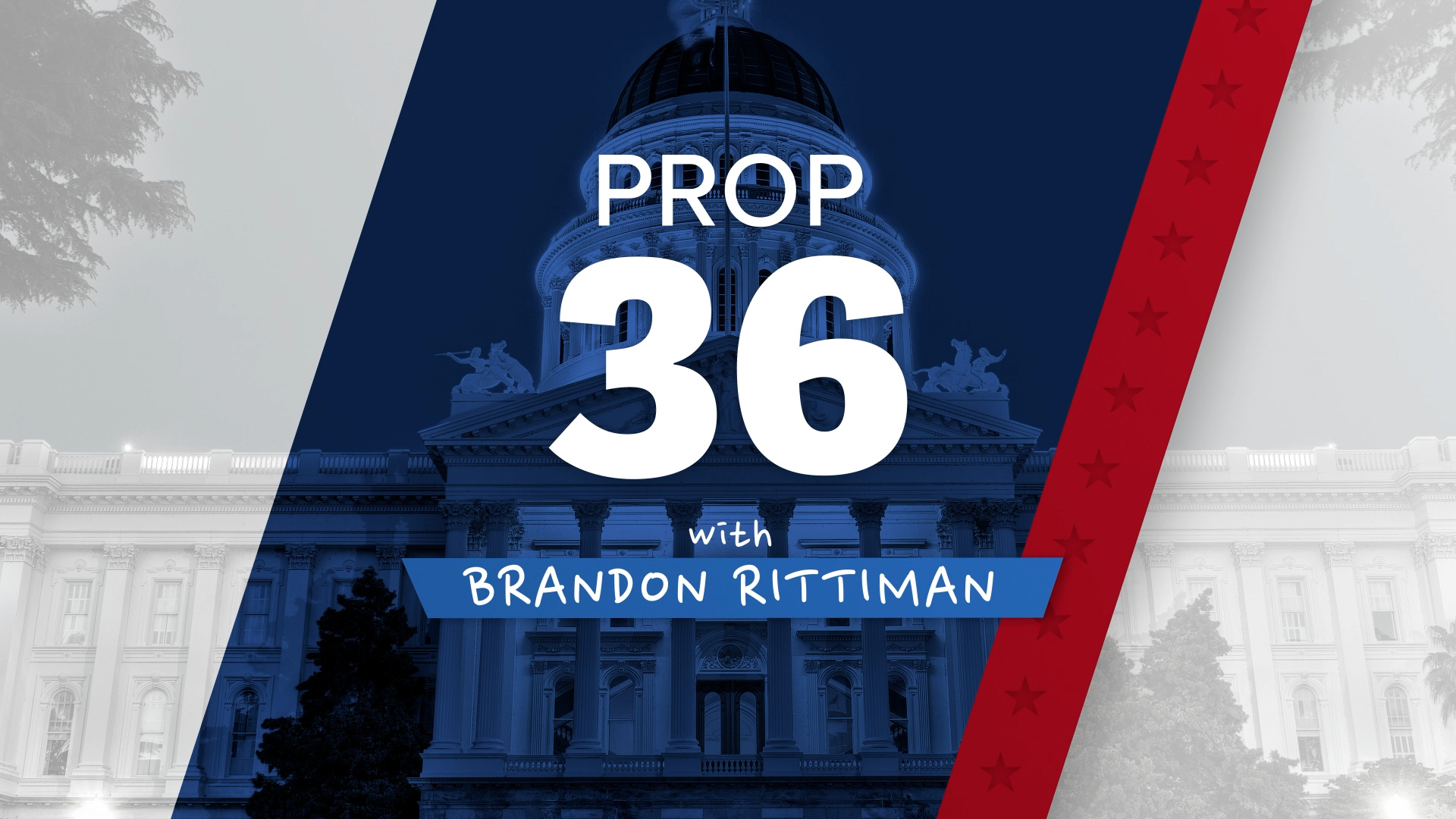SACRAMENTO, Calif — Frustrated with what they see as rampant retail crimes, voters approved an initiative making shoplifting a felony for repeat offenders again and increasing penalties for some drug charges, including those involving the synthetic opioid fentanyl. The tough-on-crime ballot measure also gives judges the authority to order people with multiple drug charges to get treatment.
The measure partly rolls back a progressive law passed by voters in 2014 that downgraded several nonviolent crimes to misdemeanors, including theft under $950 in value and some drug offenses. The reversal reflects widespread anger among voters who are increasingly pinning the blame for homelessness and retail theft on criminal justice reform and progressive district attorneys.
It’s hard to quantify the retail crime issue in California because of the lack of local data. But many point to videos of large groups of people stealing in plain sight, such as at a boarded-up Nike store in Los Angeles after the Dodgers won the World Series last week, as evidence of a crisis.
Proponents said the initiative is necessary to close legal loopholes that have made it challenging for law enforcement to punish shoplifters and drug dealers. The measure will also help the state address the homelessness and drug crises, they said.
“It was clear to us in the last year that this is desperately needed for Californians,” said Anne Marie Schubert, co-chair of the coalition supporting the measure. “This is a resounding message that Californians are ready to have safer communities.”
Opponents, including Democratic state leaders and social justice groups, said it will disproportionately imprison poor people and those with substance use issues rather than target ringleaders who hire large groups of people to steal goods for resale online. The initiative will also take away drug and mental health funding that comes from savings from incarcerating fewer people.
“Voters wanted solutions, but they were sold a false promise,” said Tinisch Hollins, executive director of Californians for Safety and Justice, which co-authored the 2014 law. “With this initiative passing and potentially threatening hundreds of millions of dollars to stabilize those programs, we’re going to be a lot worse off than we were before.”
LIVE ELECTION RESULTS FOR PROP 36 NOVEMBER 5, 2024 ELECTION:
What is Prop 36?
Prop 36 would roll back a ten-year-old ballot measure called Prop 47, which reclassified certain petty theft and drug crimes as misdemeanors in lieu of felonies.
Since then, law enforcement and major stores such as Walmart, Target and 7-Eleven have blamed Prop 47 for an increase in crime and homelessness. Prop 36 is the attempt to undo Prop 47.
Prop 36 would allow prosecutors to charge people with a felony if they've been convicted of theft twice before.
It also gives prosecutors the power to seek felony convictions for people possessing drugs such as cocaine, fentanyl and heroin. Defendants could also choose treatment in lieu of jail or prison.
What does a YES vote on Prop 36 mean?
A YES vote on this measure means people convicted of certain drug or theft charges could receive increased punishment.
What does a NO vote on Prop 36 mean?
A NO vote means punishment for drug and petty theft would remain the same.
Who supports Prop 36?
- Walmart, Target, Home Depot, 7-Eleven
- San Diego Mayor Todd Gloria
- San Diego District Attorney Summer Stephan
- California District Attorneys Association
- California Correctional Peace Officers Association
- California Republican Party
- Howard Jarvis Taxpayers Association
- California Chamber of Commerce
Supporters say Prop 36 is a way to combat homelessness since it would increase punishment for drug possession and force people into treatment.
They also say California has a growing shoplifting and retail theft problem driven by drug-addicted people who have no desire to get help. It offers prosecutors power to crack down on charges and Prop 36 would act as a middle ground between the tough-on-crime days and the alleged loopholes created by Prop 47.
Who opposes Prop 36?
- Governor Newsom
- ACLU of San Diego and Imperial Counties
- San Diego's former police chief William Lansdowne
- ACLU of Northern California
- Californians for Safety and Justice
Critics have said Prop 36 is a dangerous narrative built on false narratives and that no studies done on criminal justice or homelessness say harsher punishments prevents crime or gets people off the streets.
They also say the millions put into court and prison costs will leave schools, healthcare and other essential services without those monies.
Prop 36 would mark the return to the War on Drugs, which voters rejected with Prop 47 a decade ago, opponents say.
Official Ballot Summary
Allows felony charges for possessing certain drugs and for thefts under $950, if the defendant has two prior drug or theft convictions.
Fiscal Impact: State criminal justice costs likely ranging from several tens of millions of dollars to the low hundreds of millions of dollars annually. Local criminal justice costs likely in the tens of millions of dollars annually.
Supporters: Crime Victims United of California; California District Attorneys Association; Family Business Association of California
Opponents: Diana Becton, District Attorney Contra Costa County; Crime Survivors for Safety and Justice

